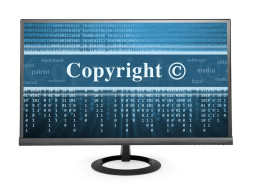
While the Broadcasting Commission appreciates the concerns raised, it has no legal basis on which to intervene in legitimate commercial agreements between content owners, such as the producers of “Suits” and programme distributors, such as local television stations.
Subscribers to cable television should be aware that cable operators are distributors of channels and they do so under licences which give them no ownership or control over content. So, even though a cable operator might have a licence to a channel, the channel owner, owners of specific programmes or any entity which has obtained the rights to a particular programme, can require the cable operator to block the programme in question. So, it is quite legitimate that from time to time, a channel will be blocked because it is carrying a programme which has not been cleared for the Caribbean or has been sold to other interests such as a cinema owner or television station.
As an illustration, I have extracted the following provision from a licence which has been entered into between cable operators and a channel owner:
The licence granted under this Agreement is non-exclusive. Licensor may itself distribute or exhibit or grant to other persons licences to distribute or exhibit any of the Services or the content contained therein in any location, on any media and on whatever terms and conditions Licensor desires.
The content, selection, scheduling, substitution and withdrawal of any programming, advertising, promotion or other content on the Services shall remain at all times within the sole discretion of the Licensor and may be changed at any time with notice to Operator in accordance with Licensors standard practise.
This clause makes it abundantly clear that the cable operator has only a non-exclusive licence and the channel owner can therefore make any arrangement it wishes in relation to content. But more to the point, the individual owner of a programme is also entitled to sell it to a USA based cable channel for distribution only in the USA, in which case, the cable operator cannot show that programme in Jamaica.
These are matters pertaining to copyright and private commercial arrangements. The Broadcasting Commission cannot interfere because it has no legal jurisdiction to do so, save in instances where copyright is being breached.
Having said this, it must be noted that in the dynamic, digital, converged communication environment, consumers want to access content when, where and how they choose. So, therefore, there is a need for business models to be reviewed by both content owners and distributors of content, taking full account of the expectations of viewers and subscribers.
Cordel Green
Executive Director
Broadcasting Commission
(72)








